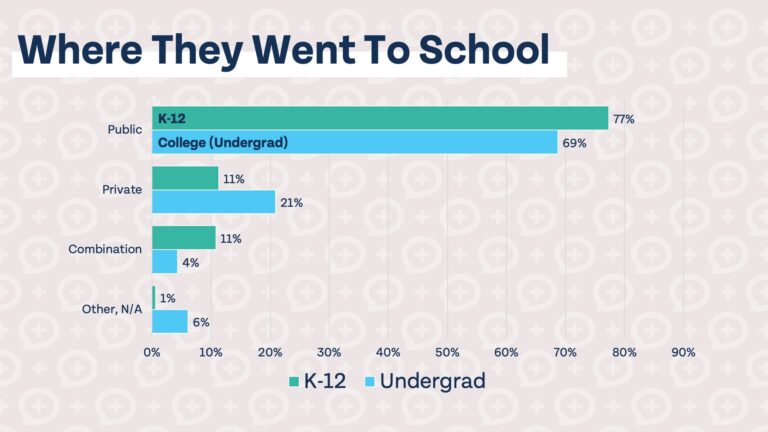Let's move on to Chris's question. He asks, "How much should I spend in total on cars for our family? I know Dave Ramsey's rule is less than 50 percent of your household income on items with motors in them. He's also familiar with the 20/3/8 rule which maybe we could go over. That's our rule, but he's looking for some more guidance on the total value."
Here's what I think is interesting, Brian. A lot of folks say that automobiles are napalm for your financial situation, so you should always buy the most affordable car, and you should buy a beater that's a few years old. But Brian, let me ask you a question: is it okay if someone wants to go out and buy a Mercedes, Rolls-Royce, Bentley, or a Lamborghini, or fill in the blank on the ridiculous car that someone might want to buy? Is it okay for people to buy expensive cars?
Well, the answer is yes. I think it's not. I do. By the way, I've seen Dave do that actually. I was very entertained. He did an interview with Bobby Bones a few years ago, and I was amazed at how he could just throw out things like that when they were asking him questions about cars. I think he even might have had something about boats and jet skis. I mean, even that has a motor. It was fascinating. But here's what I would say: it more falls where you are in the
Financial Order of Operations. Remember, you're on a journey to building wealth, and I just don't want you to do things out of order. Because if you do things out of order and go and buy the fancy car, it will impact your long-term walk towards wealth. That's why it's not a percentage of your income; it's more a part of your journey.
Probably, it comes up with step eight of the
Financial Order of Operations, where you are prepaying expenses and other things because you've got the 25% of your income saving automated wealth building already occurring. You've already got your cash reserves locked down. You've got all your debt locked down. That's where I fall with this. It's not as a percentage of your income because we already have built into the 20/3/8 that if you're buying an expensive car, you have to pay cash for it or pay it off within 12 months. That's the same as cash. We've already put some guardrails up. I'm just trying to make sure you don't forego retirement savings and other things that actually create wealth, not make you look wealthy. You need to make sure you get that down first.
Brian, you're describing two different areas or stages of life. If you're someone young accumulating in the early stages, make sure you're adhering to 20/3/8, and that's across all the vehicles you own. The service on those should not be more than eight percent of your household monthly gross income. That falls inside the 20/3/8. But even when you're later in life and maybe you do have the ability to pay cash because you're higher income, you want to make sure that foundational, you've built enough wealth that it's okay that you go buy that Tesla or that BMW or that Mercedes or fill in the blank. But you want to make sure you're not doing it to the detriment of your overall financial plan.
I will say one more thing on this because once you get to a level of success where you can afford to do this, I would challenge you. It's not what you spend; it's what that money could become. When you get into spending $100,000 for a vehicle, I start thinking about, well, like, because when we do commercial real estate or other things, I'm like, 'Man, when I put a hundred thousand dollars invested into something, it could generate this much for me.' That's also a mindset that I would challenge you to, because it will keep you honest. You will get to a point where money doesn't matter, it's just a tool. And maybe buying a nice car if you're worth 10 million dollars, 15 million, who really cares if you spent $150,000 on a vehicle? But it's going to keep you honest. If you're one of those people, maybe you're only worth a million dollars and you're thinking about going and buying a hundred thousand dollar car, it really ought to tinge in the back of your mind: What is the opportunity cost of what I'm walking away from by buying this expensive car?
For more information on this topic, check out this highlight called,
"How Strict is the 20/3/8 Rule When Purchasing a Car?" 













